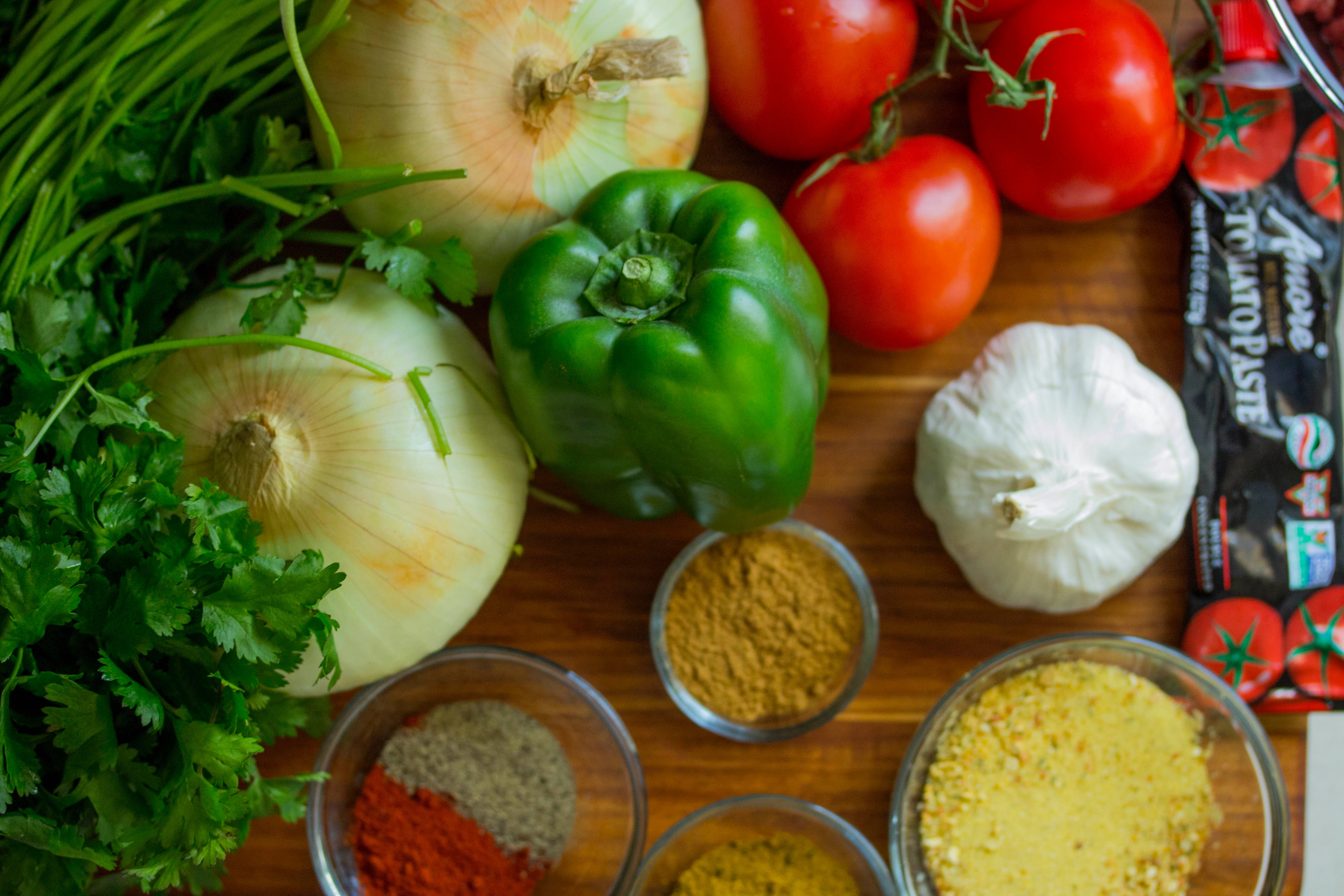
Last month, my colleague Oli wrote a blog post on why food is getting more expensive. His blog post focused on supply chain issues caused by COVID and Brexit. I am going to focus on the Russian-Ukraine war and its effect on increasing global food prices, which is going to be another factor in rising costs to consumers.
According to a BBC article, global food prices are tracked by the United Nations’ farming division called the Food and Agriculture Organisation (FOA). Before the Russian-Ukraine conflict even began, the FAO food price index was up 20.7% on February last year, and nearly 4% in one month. Some important highlights from the article were:

Neither of these numbers even included the conflict. However, adding the conflict will only bring up these process higher, while adding additional items to the list. According to the article, the three major items that will be effected are wheat, cooking oil and natural fertilizers used for farming:
According to another BBC article, the UK does not import many items from Russia or Ukraine, while Africa and Turkey rely heavily on wheat and corn from Ukraine and Russia. More than 40% of Ukraine’s wheat and corn exports went to the Middle East or Africa last year – and disruptions to supply could affect availability in these areas.
While there are no direct imports here in the UK, prices may increase due to associated costs, such as fertilizer. It is still early to really see the effect on prices right now, but we know that cooking oil, wheat and fertilizer will most probably be changed globally the most.
As this conflict develops, we are hoping that a resolution comes before more countries and items are effected with price hikes.
As major exporters of grain and vegetable oil, conflict around the Black Sea is already disrupting shipping. As global commodities, food price inflation is gathering pace.